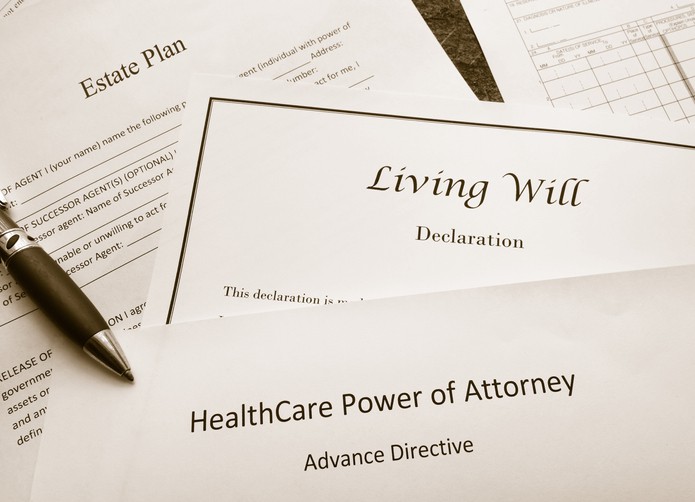What is estate planning? An estate plan is a method to ensure that one’s intentions are carried out when unable to articulate them due to a death or disability. The hope is that such a day does not arrive for a long time, but with enough time it becomes a certainty. The estate plan is a way of making an investment today to minimize the disruption that such an event can cause.
Some people think that estate planning is not for everyone. Ultimately, it is relationships, special needs and objectives, and concise administration that are the central goals of estate planning. The level of assets is secondary to many estate planning issues.
What is in an estate plan?
Simply put, an estate is the collection of everything that a person owns. It can include both fixed and portable property, i.e., real estate and personal property.
An estate plan typically consists of several documents that instruct others on what to do when one of life’s contingencies occurs. Central to most estate plans are a will, powers of attorney for healthcare and property, and a living will.
Additional documents, including trusts and other directives, can be added based on the individual’s needs and circumstances.
Why do an estate plan?
Estate planning allows individuals to account for change on many fronts, including:
– the growth and dynamics of the family
– healthcare requirements that have become more complex in recent years
– increasingly diverse asset management and holdings








